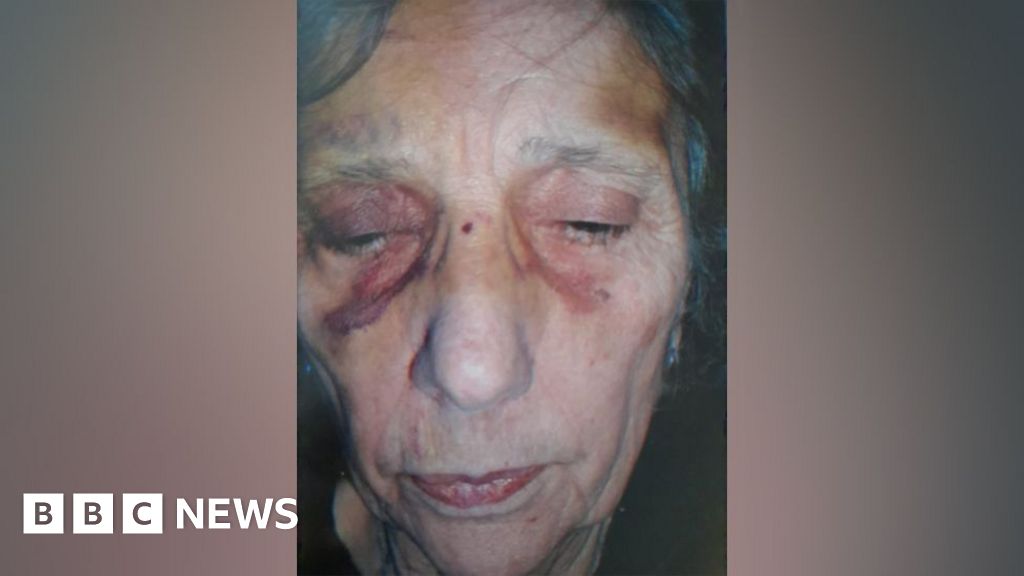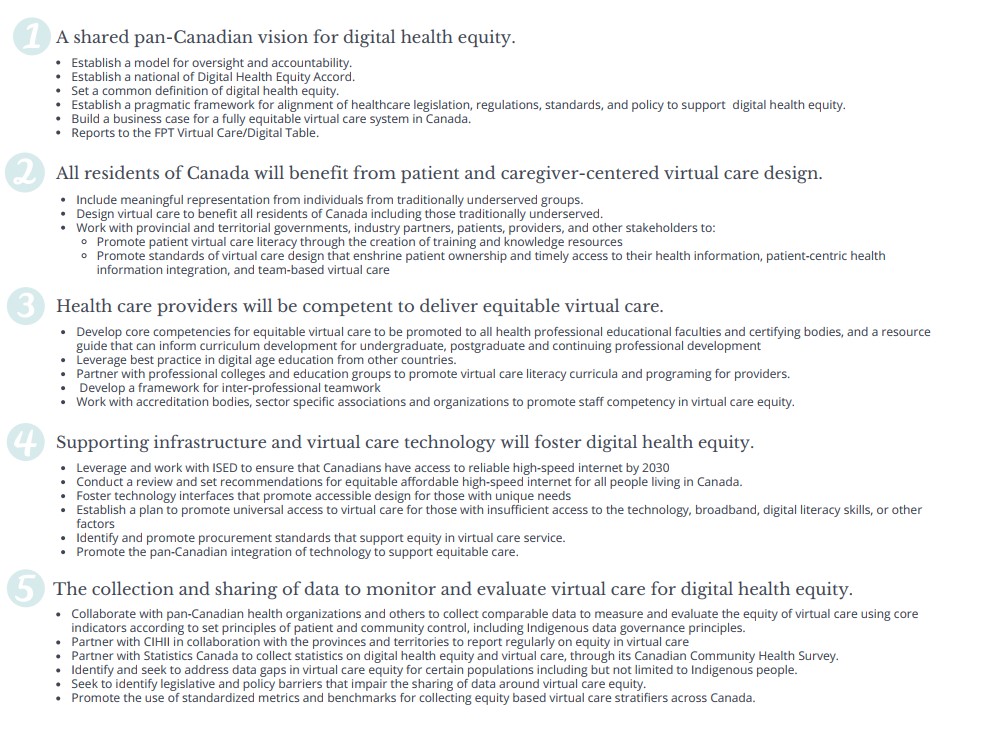Mental healthcare is a basic human right, not a custodial issue: Justice Thangkhiew
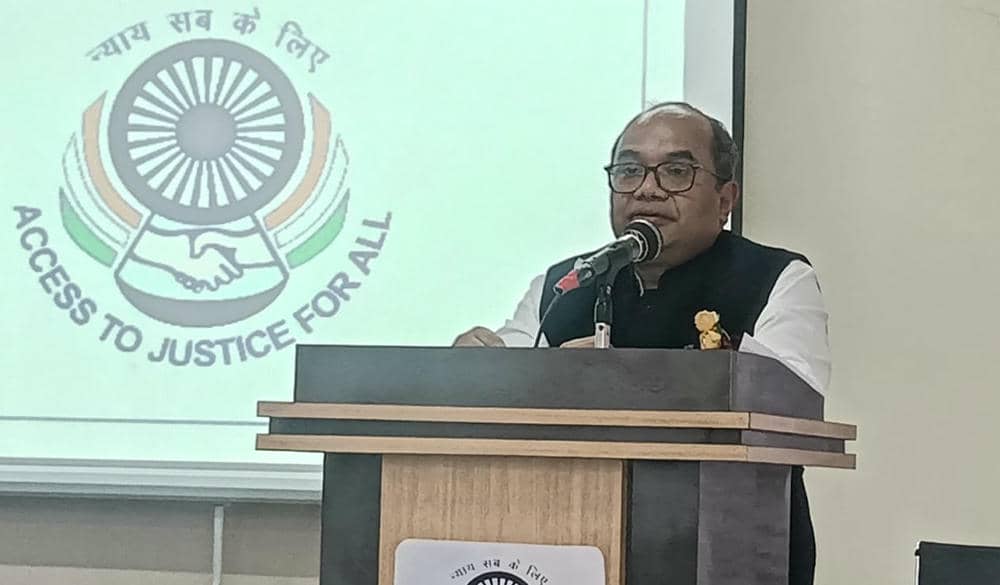

“Mental healthcare is no longer about custodial isolation—it is a basic human right,” said Justice H.S. Thangkhiew, Judge of the High Court of Meghalaya and Executive Chairman of the Meghalaya State Legal Services Authority (SLSA), while addressing a legal awareness programme on Friday in Khliehtyrshi.
Organised by the District Legal Services Authority (DLSA), West Jaintia Hills District, under the National Legal Services Authority (NALSA), the programme focused on the NALSA (Legal Services to Persons with Mental Illness and Persons with Intellectual Disabilities) Scheme, 2024. The event brought together members of the judiciary, district officials, mental health professionals, police officers, and students to promote better understanding of legal and mental health intersections.
In his keynote address, Justice Thangkhiew traced the evolution of India’s mental health laws—from outdated custodial approaches to the rights-based Mental Healthcare Act, 2017, which ensures non-discrimination, patient-centred care, and access to treatment for individuals with mental illness. “The 2017 Act marks a major departure from the past. It affirms that mental healthcare is a right, not a privilege,” he stated.
Justice Thangkhiew also stressed the role of the judiciary, legal services institutions, and law enforcement in ensuring that persons with mental illness, particularly those in conflict with the law, are treated fairly and humanely. “It is our responsibility to ensure that those accused are mentally fit to stand trial and that their rights are safeguarded at every stage of the legal process.”

The Judge said District Legal Services Authorities must act proactively under the NALSA Scheme to identify and assist individuals with mental illness, especially those confined in jails or institutions without adequate support.
He further debunked the common myth that mental illness is linked to violent behaviour, stating that “persons with mental health conditions are more likely to be victims of violence than perpetrators.” Instead, he pointed to root causes like poverty, substance abuse, homelessness, and family instability as driving factors behind violent crime.
The Judge expressed concern over reports from Jowai officials about a rise in violent incidents that may be linked to untreated mental health issues or environmental stressors. He called for greater community-level mental health initiatives and reiterated the judiciary’s commitment to pushing for reform.
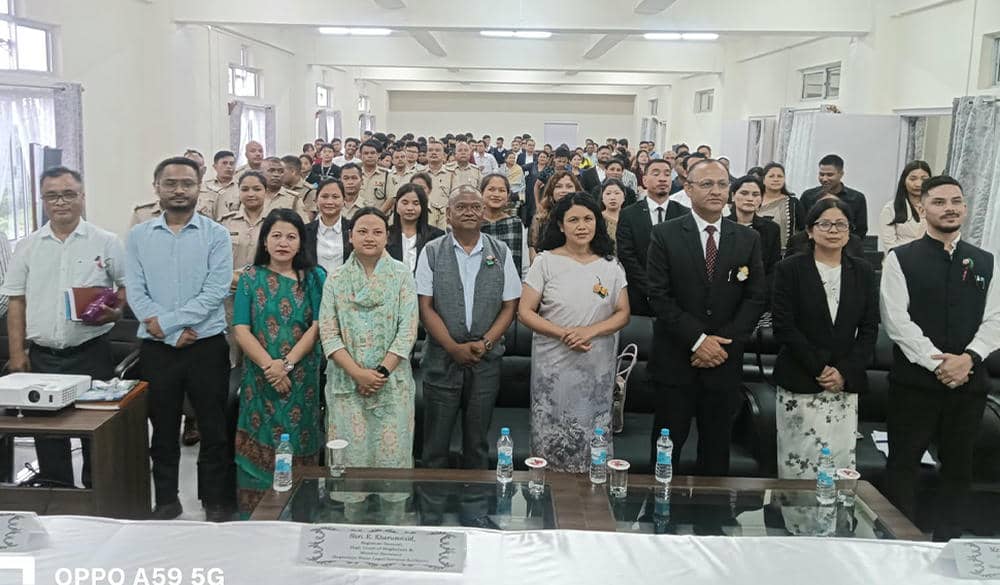
Earlier in the programme, District and Sessions Judge N.A. Khan, Chairman of the District Legal Services Authority (DLSA), welcomed participants and emphasised the urgent need to bridge the gap between legal services and mental healthcare. He underscored that the NALSA (Legal Services to Persons with Mental Illness and Persons with Intellectual Disabilities) Scheme, 2024, is a vital step toward ensuring that vulnerable individuals have access to both justice and appropriate mental health support.
He highlighted the key responsibilities of DLSAs under the scheme, which include proactively identifying and assisting persons with mental illness—especially those confined in prisons, shelter homes, and mental health institutions. Judge Khan also drew attention to the importance of informed consent, noting that many individuals with severe mental illness may require legal representatives or caregivers to help them make decisions.
The awareness session also covered various aspects of mental health, including intellectual disabilities, early identification and stigma, youth mental health and the risks of social media, substance abuse, and state- and district-level services available for support.
Resource persons included Dr. Dazelle Sungoh, Senior Resident Psychiatrist, Department of Psychiatry, NEIGRIHMS; Kimberly Syiem, Clinical Psychologist, NEIGRIHMS; Dr. E. Dann, District Mental Health Programme Officer, Jowai; and Y. Najiar, District Social Welfare Officer, Jowai.
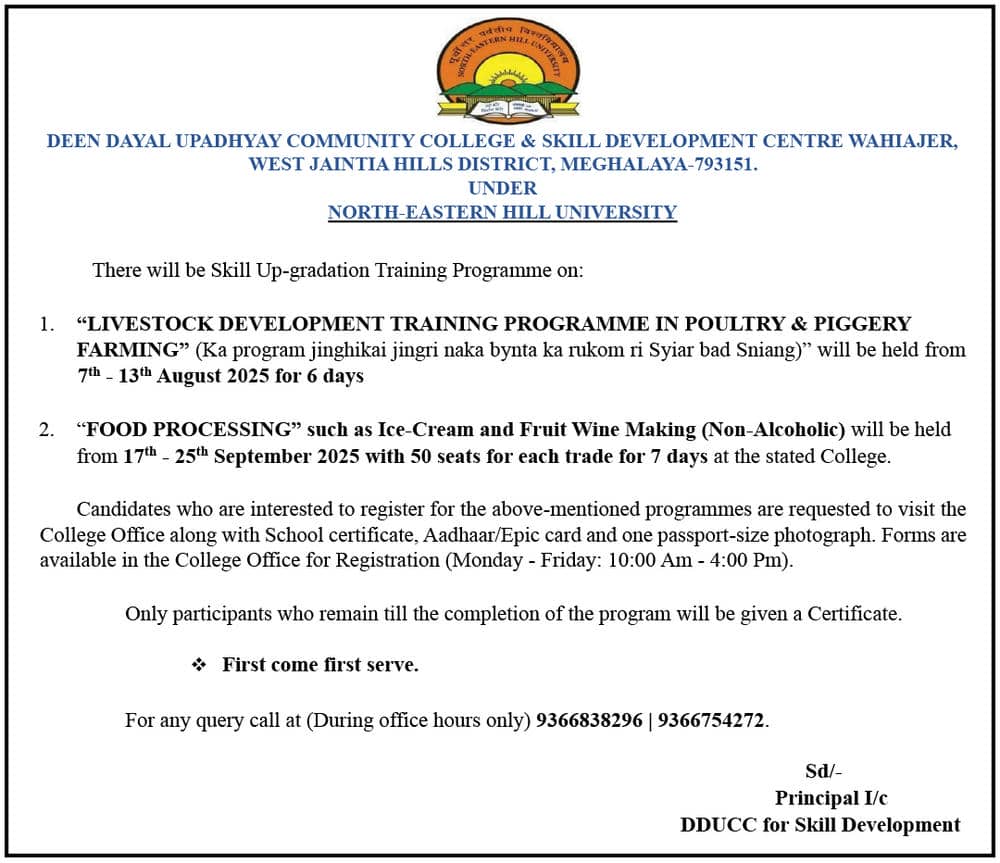
Continue Reading
link


